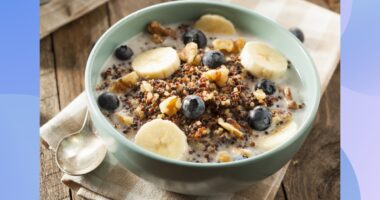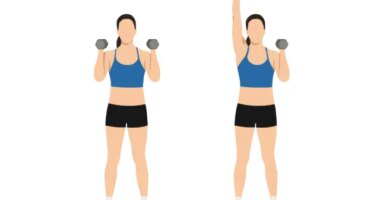
The research builds on the pioneering work in mice and humans demonstrating the protective role of diet and specific combinations of proteins, fats, and carbohydrates against aging, obesity, heart disease, immune dysfunction, and risk of metabolic diseases, such as type 2 diabetes.
Diet is a powerful medicine.However, presently drugs are administered without consideration of whether and how they might interact with our diet composition – even when these drugs are designed to act in the same way, and on the same nutrient-signaling pathways as diet.
The researchers set out to discover whether drugs or diet were more powerful in remodeling nutrient-sensing and other metabolic pathways, as well as whether drugs and diet interacted in ways that made them more or less effective.
The research team designed a complex mouse study, involving 40 different treatments, each with varying levels of protein, fat and carbohydrate balance, calories, and drug content.
The researchers found calorie intake and the balance of macronutrients (protein, fats, and carbohydrates) in the diet had a strong impact on the liver.
Protein and total calorie intake had a particularly powerful effect not just on metabolic pathways, but also on fundamental processes that control the way our cells function.
READ RELATED: Lung cancer: Tripe palms are a warning sign of the deadly disease – what are they?
However, the researchers also found some more specific interactions between the biochemical effects of the drugs and diet composition.
One anti-aging drug had a bigger effect on changes in the cells caused by dietary fat and carbohydrates, while cancer and another diabetes drug both blocked the effects of dietary protein on the energy-producing mitochondria.
Given humans share essentially the same nutrient-signaling pathways as mice, these findings suggest people would get better value from changing their diet to improve metabolic health rather than taking the drugs.
Source: Medindia
Source:









